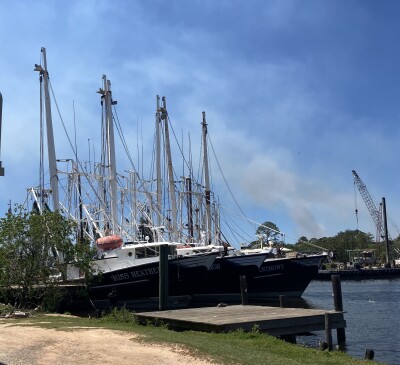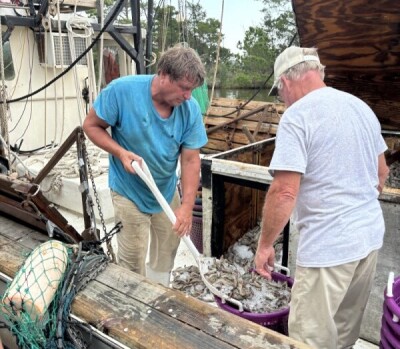Researchers in Louisiana have found carbon from the BP Deepwater Horizon oil spill in the feathers and digestive tracts of seaside sparrows, proving for the first time that oil from the disastrous 2010 spill has entered the food chain.
The study, published today in Environmental Research Letters, was conducted by scientists from Louisiana State University and Austin Peay State University in Tennessee. They found oil carbon signatures consistent with the Deepwater Horizon event in each of 10 birds tested.
These marsh-dwelling sparrows inhabit an area known to have been contaminated by the spill. Sediments from the site also tested positive for oil with the same fingerprints as that found in the tested birds.






